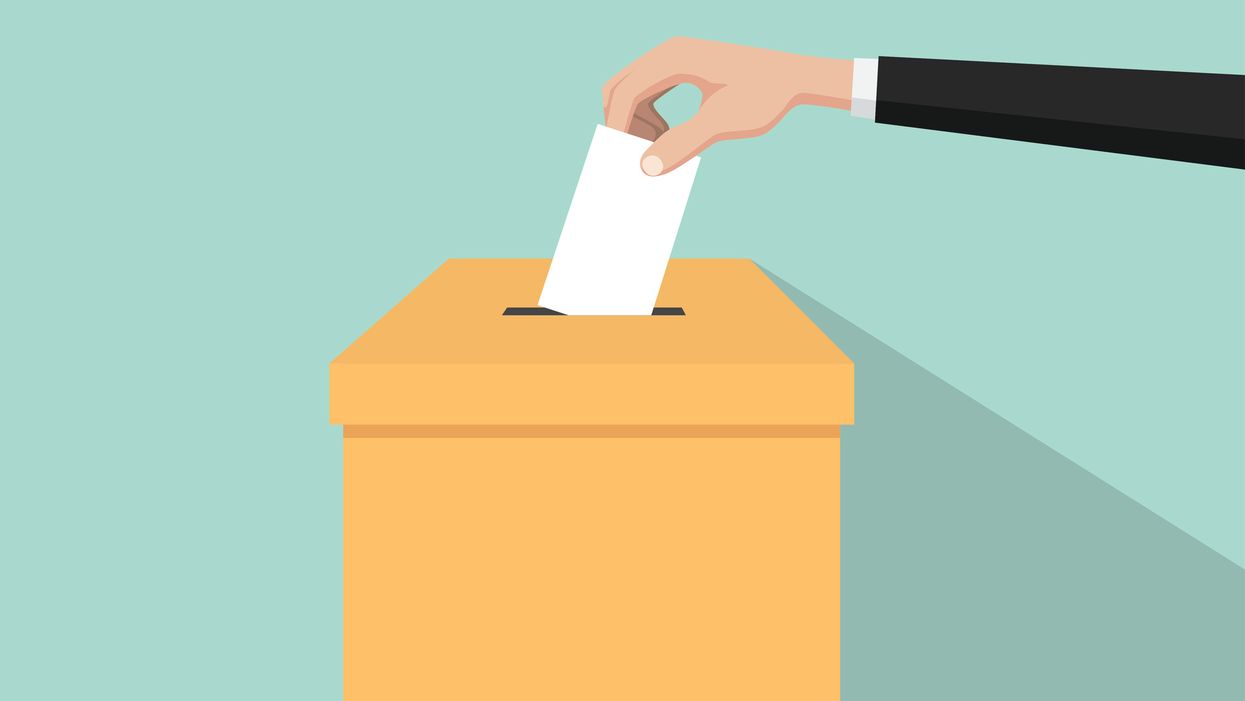This story was updated Nov. 21 with additional information.
Colorado has become the second state to ask the Supreme Court to decide if states may legally bind their presidential electors to vote for the candidate who carried their state.
The issue of so-called faithless electors is the latest aspect of an increasingly heated debate about the virtues and flaws of the Electoral College that has blossomed, especially among progressive democracy reform advocates, now that two of the past five presidential winners (Donald Trump in 2016 and George W. Bush in 2000) got to the Oval Office despite losing the national popular vote.
Last week, three electors from Washington — who were fined for voting for Colin Powell in 2016 instead of Hilary Clinton, the state's popular vote winner — filed a similar petition with the court. The fines were upheld by the state Supreme Court. In response, Washington told the high court in D.C. that "nothing in the text of the Constitution or its historical implementation precludes states" from passing laws to bind electors.
One of Colorado's nine electors also refused to vote for Clinton despite an order by the state's top elections official, who subsequently replaced the elector with someone who did. The elector sued, arguing a state law that mandates which candidate an elector must vote for was unconstitutional.
Thirty-two states have laws binding an elector's vote to the winner of the popular vote, but neither the Constitution nor federal law requires that Electoral College members adhere to state results.
A lower court dismissed the Colorado case, saying the elector was not eligible to sue. The 10th U.S. Circuit Court of Appeals in Denver reversed part of the decision, however, saying the elector could challenge his dismissal.
At a news conference Wednesday, Colorado Attorney General Phil Weiser, who filed the petitionwith the Supreme Court, said the issue represented "a threat to the shared understanding of how our constitutional democracy works."
"Voters are expecting their votes to be delivered," said Weiser, a Democrat.
Colorado's Democratic secretary of state, Jena Griswold, defended the state's law intended to prevent faithless electors. "The idea that nine electors in Colorado that are unelected, unaccountable and that Coloradans really don't know could disregard our state law and the outcome of the general election is really unfathomable," she said. "This is a major decision, and we are hopeful the Supreme Court will do the right thing and protect our constitutional democracy."




















Trump & Hegseth gave Mark Kelly a huge 2028 gift